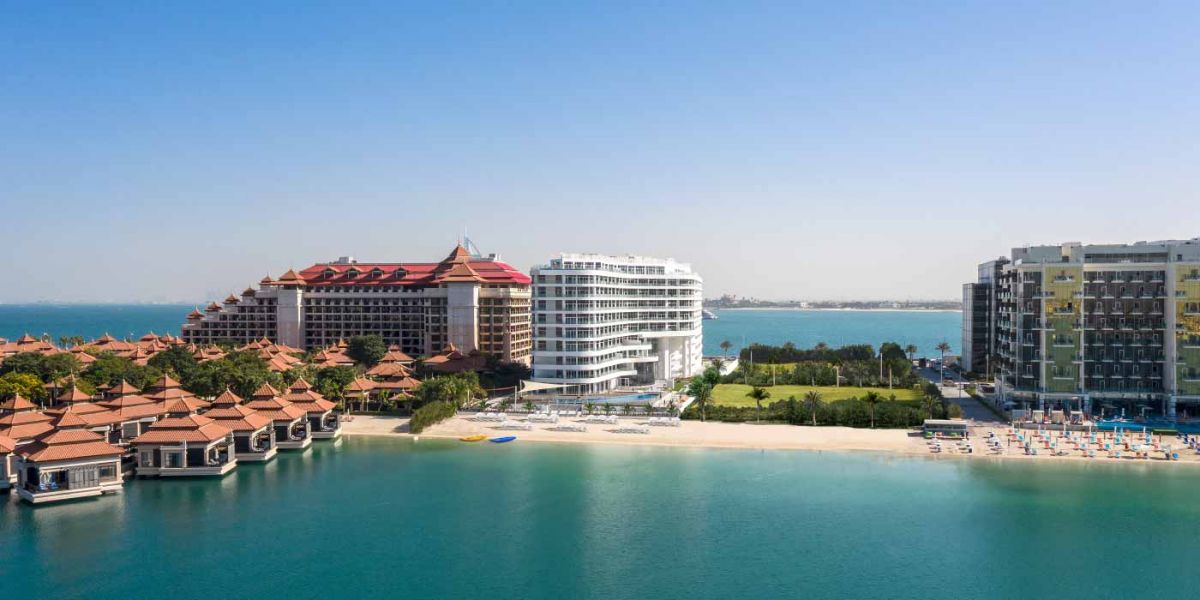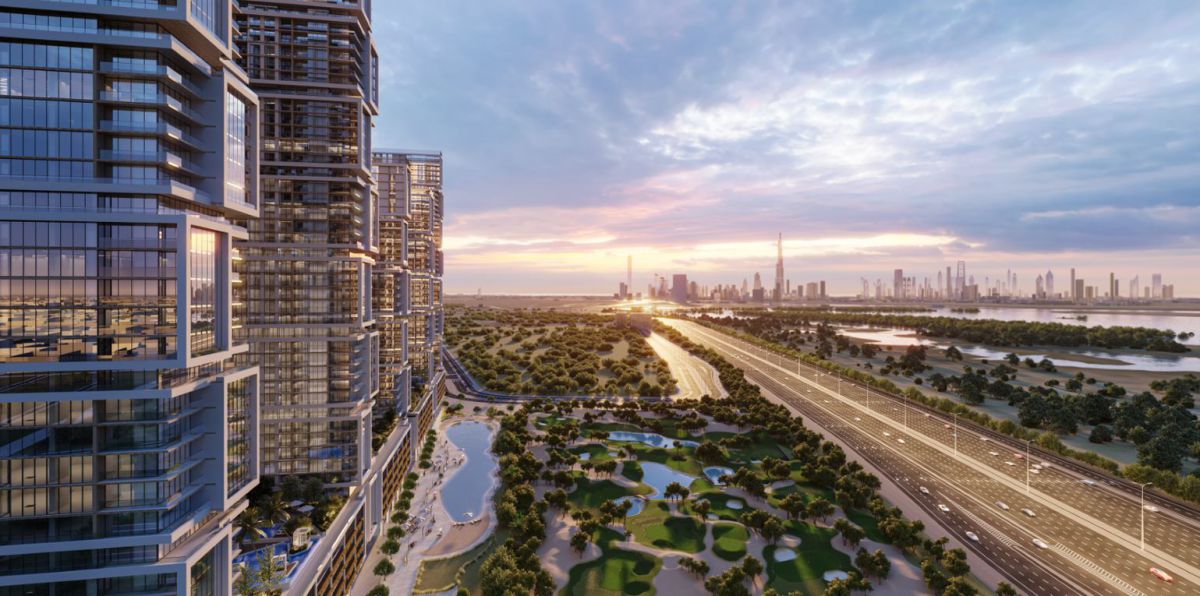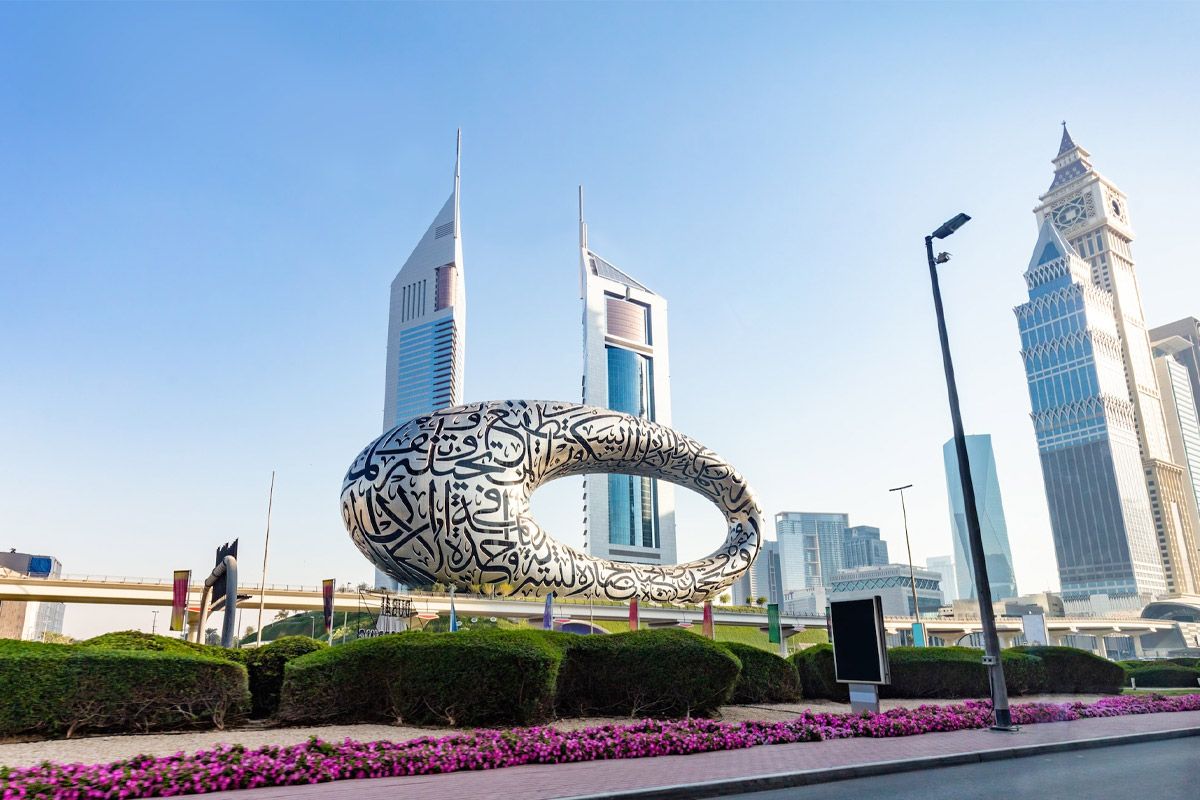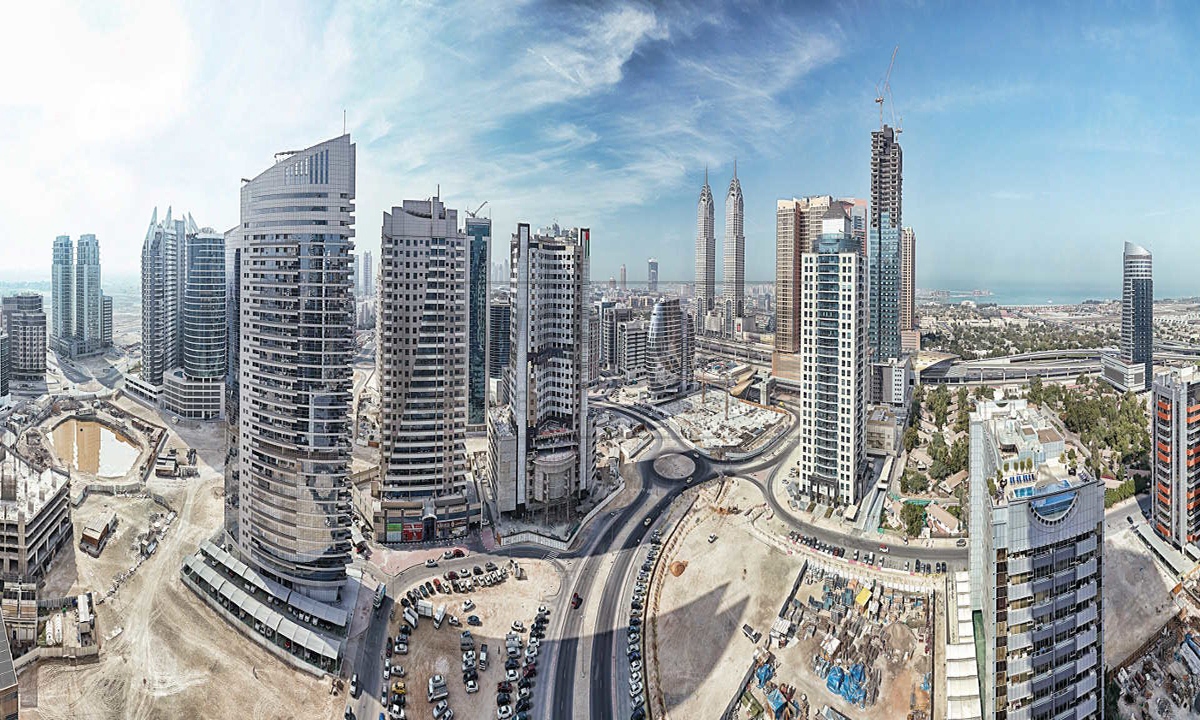Financing Features When Buying Property in Dubai: Mortgages, Loans, and Other Options

Purchasing real estate is a significant step that requires careful planning and analysis, especially when it comes to international investments such as buying property in Dubai. This dazzling city on the shores of the Persian Gulf attracts investors from around the world with its high profitability, stable economy, and luxurious lifestyle. However, before embarking on this adventure, it's essential to understand the intricacies of financing when buying property in Dubai.
Mortgages in Dubai
The mortgage market in Dubai is diverse and well-developed. Foreign citizens and residents have the opportunity to obtain mortgages under specific conditions. One key feature is the requirement for a substantial down payment, usually around 25% of the property's value. For foreign investors, this figure might be even higher.
Mortgage terms vary, typically ranging from 15 to 25 years. Interest rates also depend on various factors, including the borrower's credit history, the chosen property, and the lending bank. It's important to note that mortgage rates in Dubai might be slightly higher than in some other countries.
Advantages and Limitations of Mortgages
A mortgage in Dubai offers several significant advantages. First and foremost, it allows you to spread the cost of the property over a more extended period, easing the financial burden in the initial years of ownership. Moreover, a mortgage can have tax benefits, as mortgage interest payments can be tax-deductible.
However, it's crucial to consider the limitations and risks associated with mortgages in Dubai. In the case of loan default, the bank has the right to repossess the property. Also, keep in mind the possibility of fluctuating interest rates in the future, which could lead to increased monthly payments.
Alternative Financing Options
Apart from mortgages, there are other financing options when buying property in Dubai. One of these is using your own funds. Investing your own money might be the most preferred option as it avoids interest payments and the risks associated with borrowed funds.
Investors can also explore the possibility of obtaining a loan from a bank in their home country and using it to purchase property in Dubai. However, in this case, there might be restrictions and additional requirements for the borrower.
Alternative Funding Sources
In addition to traditional bank financing, investors can look into alternative funding sources. In recent years, crowdfunding platforms and private investors have become increasingly popular in Dubai, willing to invest in promising real estate projects. This could be a favorable option, especially for young entrepreneurs or startups.
Buying property in Dubai is an investment with high potential returns, but it requires a serious and well-considered approach to financing. The choice between mortgages, loans, or alternative sources depends on your financial capabilities, investment goals, and risk tolerance. Before making a decision, it's essential to conduct thorough analysis and consult with financial experts and legal professionals specializing in Dubai real estate. Meticulous planning and studying all financing aspects will help ensure your investment is successful and profitable.
Keywords: financing, property purchase, Dubai, features, mortgage, loans, options, investment, foreign investors, residents, down payment, terms, interest rates, profitability, economy, luxurious lifestyle, advantages, limitations, default, bank, investments, taxes, alternative sources, crowdfunding, private investors, own funds, risks, banking financing, consultations, financial experts, lawyers, strategy, planning, analysis, requirements, profitability, crowdfunding platforms, startups, process, specialists, risk tolerance


